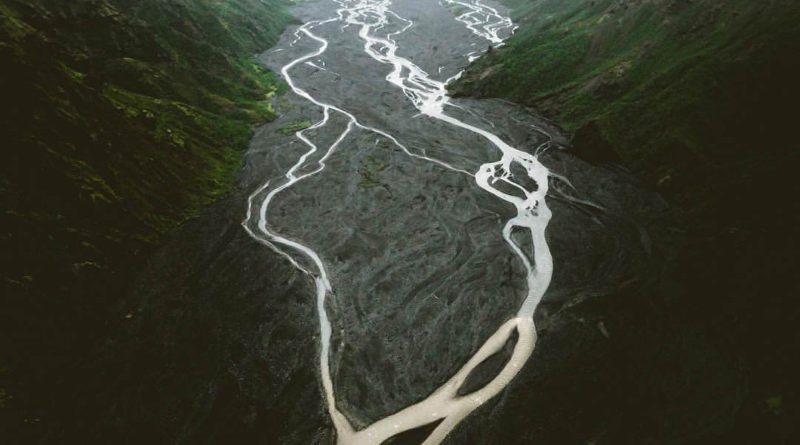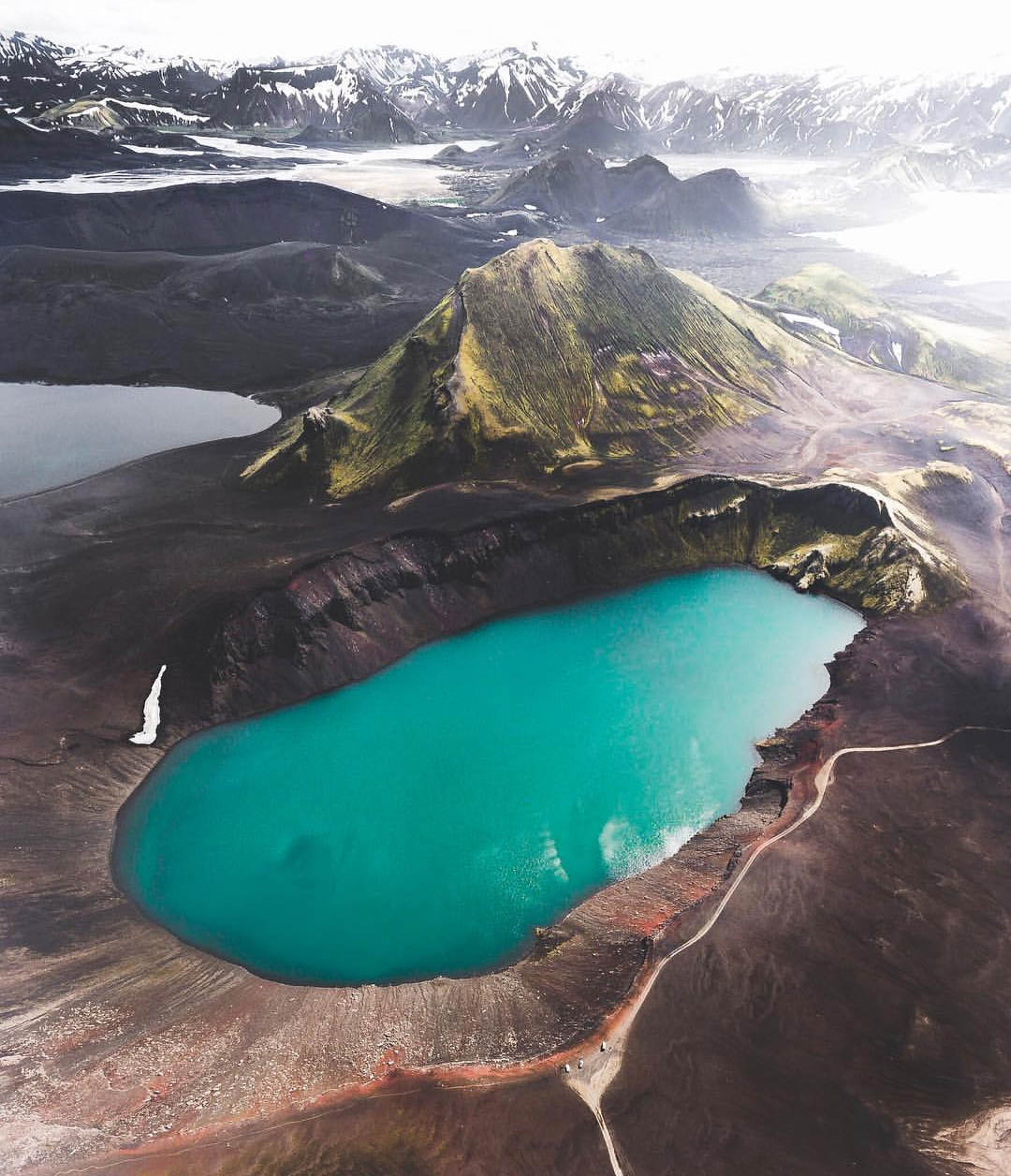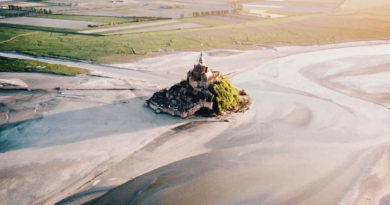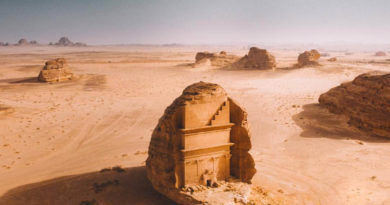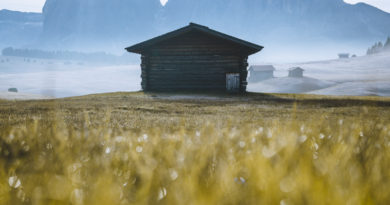Iceland: the land of fire and ice
Iceland: the land of fire and ice
With Joe Shutter
Ingólfr Arnarson, a Viking chief from Norway, became Iceland’s first permanent settler in the year 874 AD. As such, Iceland was the last land in Europe to be settled and populated. Perhaps this is the reason why to this day, Iceland is also the most sparsely populated nation in Europe, with less than three inhabitants per square kilometer.
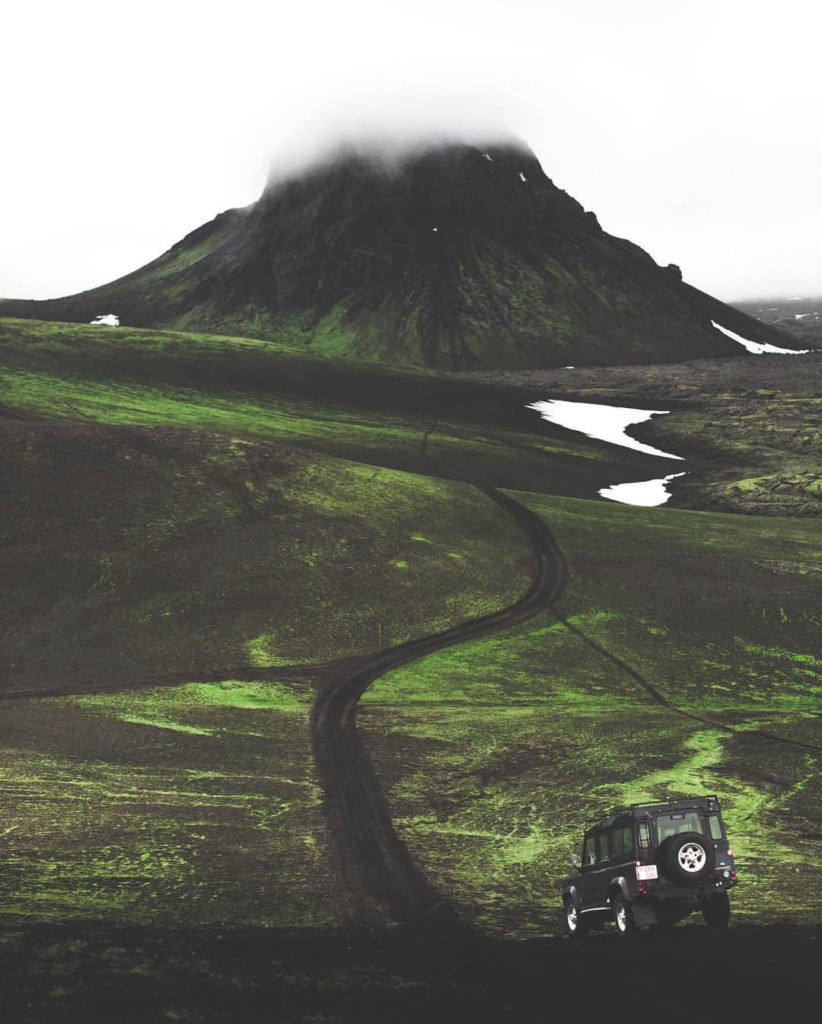
Sitting astride the middle of the Mid-Atlantic Ridge, which is an integral part of the global mid-oceanic system, the Land of Fire and Ice is home to Europe’s largest glacier and yet, is dotted with hundreds of volcanoes.
With vast deltas of grey glacial sand, picturesque forms, craggy mountains, and ice-filled lagoons, all around this land is almost extraterrestrial!
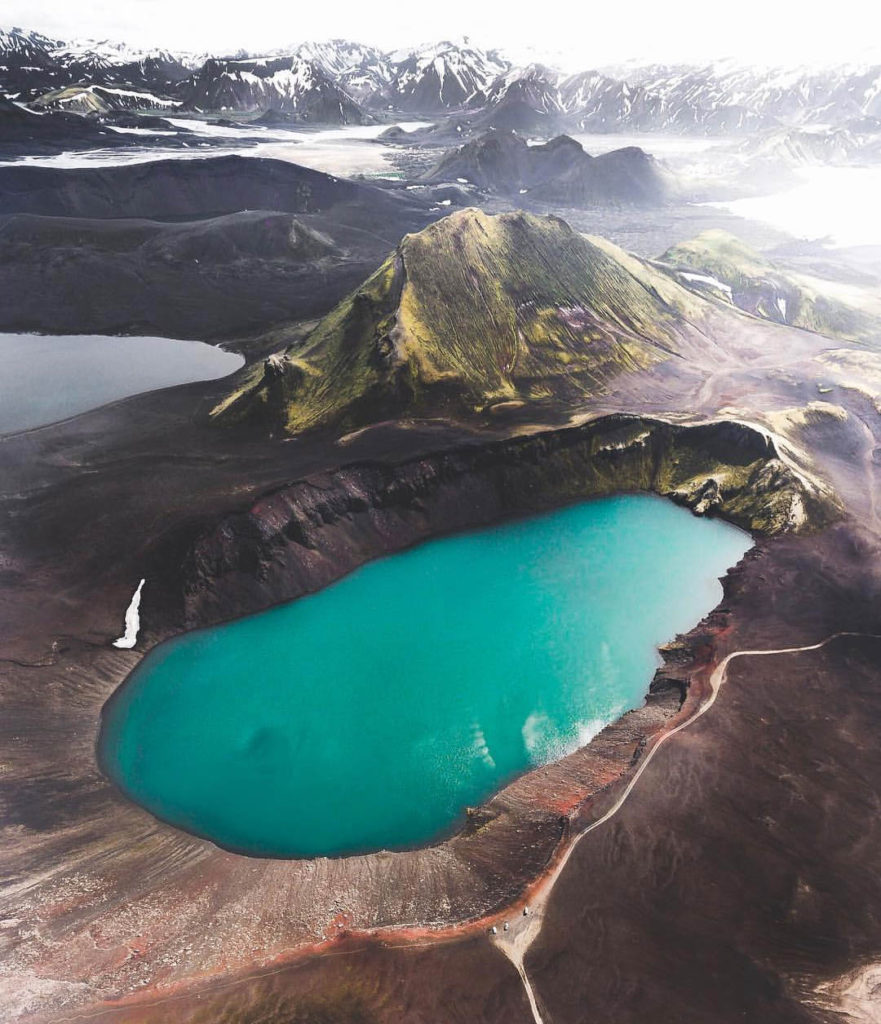
Traveling around the volcanic sceneries of Iceland one can easily feel isolated from the rest of the world. This is, among many other reasons, why the popularity of this island has been increasing in the last years.
Although the volcanic landscapes could not be more impressive, the water flow is certainly an attraction in itself.
The impressive water flow in Iceland
Counting with hundreds of rivers, it is said that Iceland has more water resources than most of the biggest nations in our world.
Theoretically, according to researchers from the University of Iceland, it was concluded that this country could fulfill all the water demand of a nation counting with a population of 350 million people, like the United States for instance.
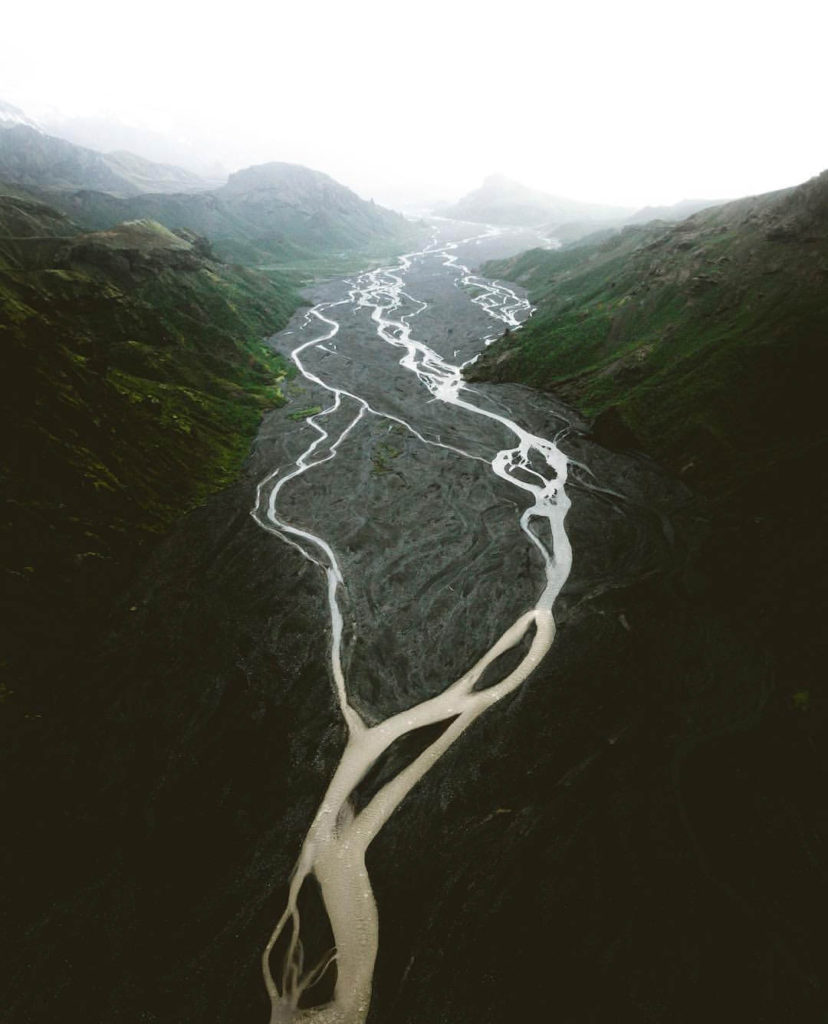
In this sense, rivers are a fundamental part of Iceland’s natural flow. The vast majority of them have their origin in the glaciers, which are responsible for carving out everything in Iceland that hasn’t been shaped by magma and earthquakes.
As the waters sculpted valleys and cliff sides, picturesque sceneries appeared all along. On their journey towards the Atlantic Ocean, rivers became home to impressive waterfalls.
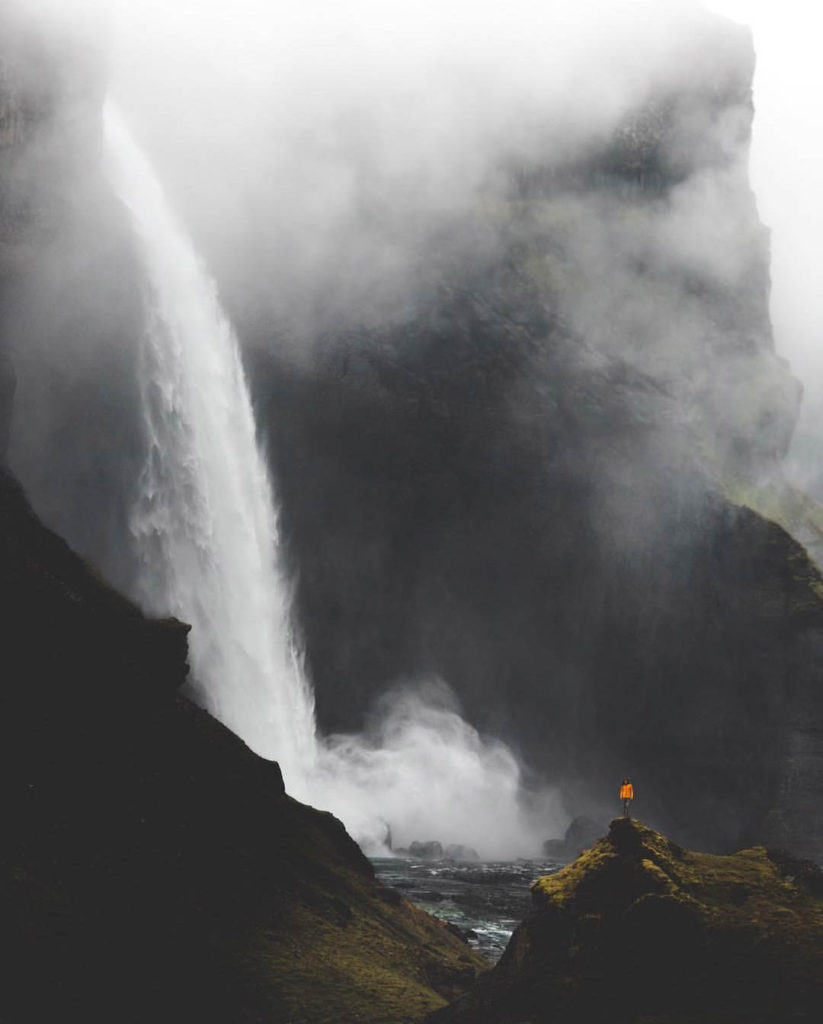
The waterfalls in Iceland deserve a mention a part
The Atlantic climate prevalent in Iceland produces frequent rain and snow. Having large glaciers feeding the rivers during warmer days contributes significantly to the great number of waterfalls that one can find in this country. It has been estimated that there are approximately 10,000 waterfalls in Iceland!
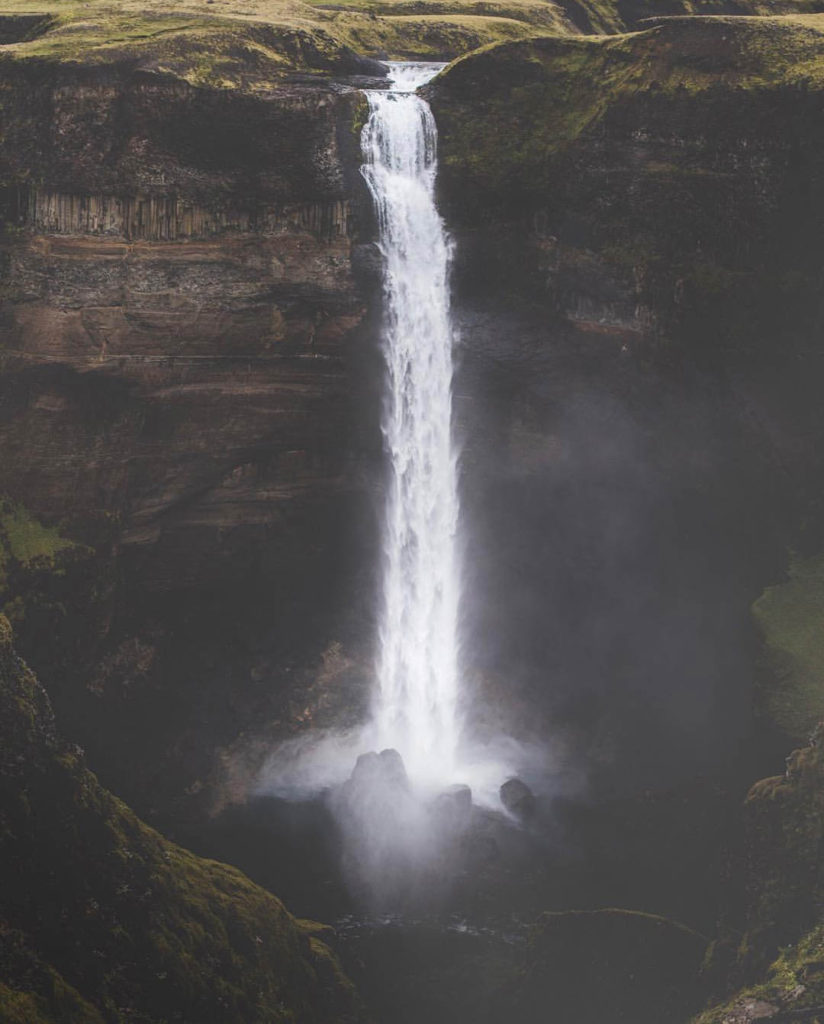
This beautiful photo captured the uniqueness of one of the highest waterfall in the country. Its location, being surrounded by basaltic strata from volcanic eruptions in the Tertiary period (when Iceland was formed) is quite impressive!
